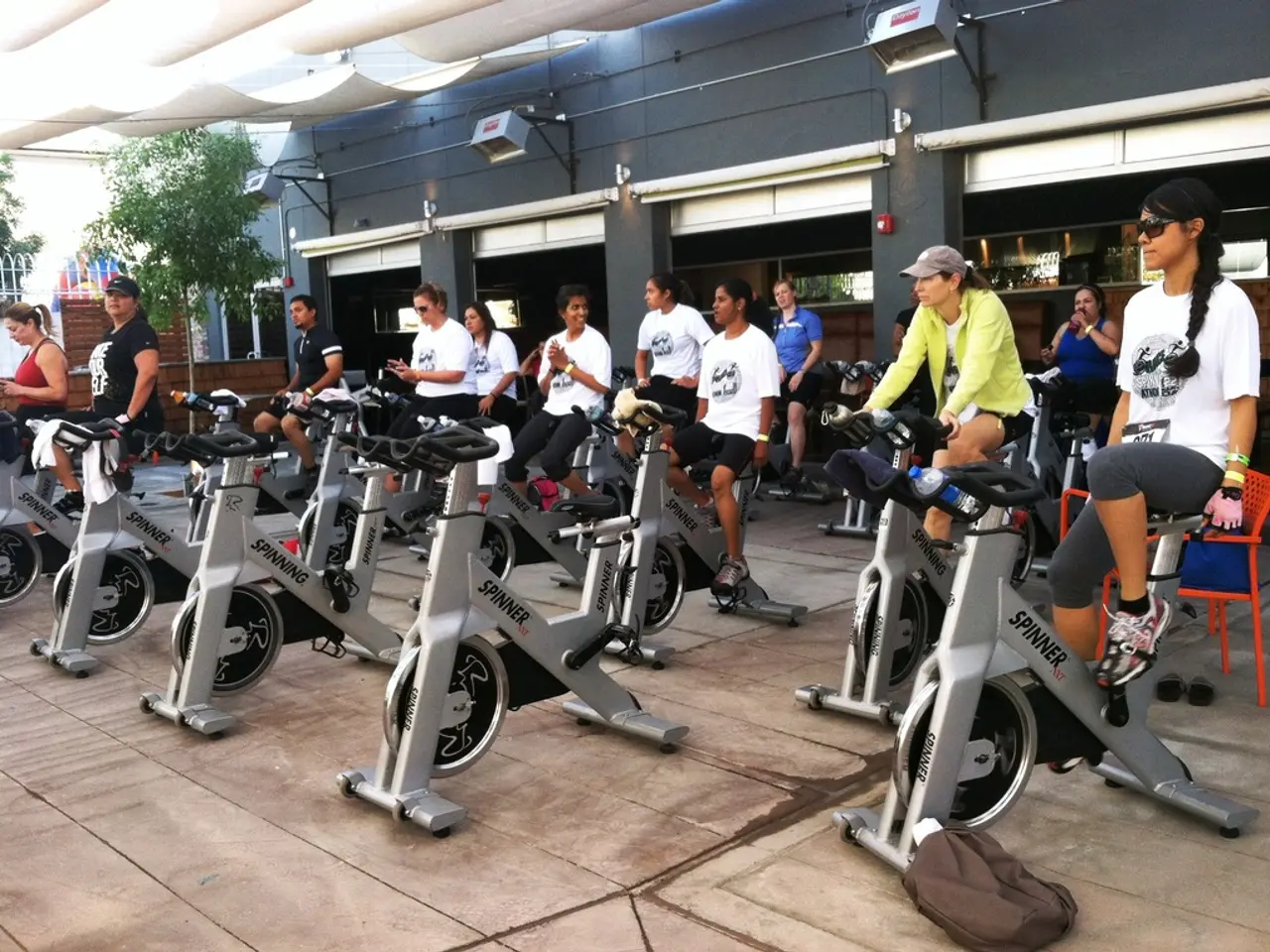Enhanced Nutritional Support for Post-Exercise Recovery
When it comes to optimising workout recovery, a well-rounded approach is crucial. Here's a breakdown of essential supplements, foods, and strategies that can support muscle repair, reduce soreness, and improve overall recovery capacity.
Protein
Protein is fundamental for muscle repair and growth. Aim for 20-40 grams of high-quality protein (such as whey) within 2-3 hours post-workout. Total daily protein intake should be 1.6 to 2.2 grams per kilogram of body weight, divided across 3-4 meals. Casein protein (~40 g) before bed is beneficial for overnight recovery [4].
Branched-Chain Amino Acids (BCAAs)
BCAAs help reduce muscle soreness and stimulate muscle protein synthesis. Typical doses are around 5-10 grams before or during workouts, though exact recommendations vary and are less critical if daily protein targets are met.
Creatine
Creatine enhances strength, power, and muscle recovery by replenishing ATP stores. The standard dose is 3-5 grams per day, ideally taken post-workout. Research shows consistent micro-dosing (around 5 grams daily) is effective even without a loading phase [3][4].
Glutamine
Glutamine supports gut health and may aid recovery, particularly under heavy training stress. A common supplemental dose is 5-10 grams post-workout, preferably in liquid form for faster absorption [4].
Electrolytes
Electrolytes, including sodium, potassium, and magnesium, are essential to restore minerals lost through sweat and prevent muscle cramping. Dosing depends on sweat loss, but balanced electrolyte drinks or supplements taken during or after workouts are recommended to prevent cramps and support recovery.
Anti-inflammatory Compounds
- Curcumin: Curcumin is a natural anti-inflammatory and antioxidant that may reduce exercise-induced muscle soreness and inflammation. Supplement doses typically range from 500 to 1000 mg per day of standardized curcumin extract.
- Tart Cherry Extract: Tart cherry extract contains antioxidants that help reduce muscle soreness and inflammation. Clinical doses are often around 480 mg to 1000 mg daily, frequently consumed around training sessions to aid recovery.
These supplements complement each other to support muscle repair, reduce soreness and inflammation, maintain hydration and electrolyte balance, and improve overall recovery capacity. Prioritising total protein intake and including creatine offers the strongest evidence base. Adding glutamine and anti-inflammatory supplements like curcumin or tart cherry extract can provide additional benefit depending on individual recovery needs [3][4].
Foods for Recovery
- Salmon with quinoa: Rich in protein and anti-inflammatory omega-3 fats, aiding muscle recovery and reducing soreness. Quinoa is a complete protein and a good carb source for glycogen replenishment.
- Grilled chicken breast with sweet potatoes: Provides a lean source of around 28 grams of protein per 3 ounces, supporting muscle repair, while sweet potatoes provide carbohydrates and potassium to replenish energy and electrolytes.
- Greek yogurt with berries: A whole food alternative that provides about 13 grams of protein per cup, helping muscle rebuilding, and berries add carbohydrates and antioxidants to reduce inflammation and replenish energy.
All-in-One Recovery Formulas
All-in-one recovery formulas, such as Bulk's All In One Recovery, Legion Recharge, and Momentous Recovery, cover multiple bases for post-workout recovery but may not meet the needs of all users due to factors like taste, price, and ingredient complexity.
Timing
Consume protein within 30-60 minutes after exercise for optimal muscle repair, and maintain hydration by drinking water before, during, and after workouts with electrolytes.
- Science and nutrition in health-and-wellness play a significant role in enhancing fitness-and-exercise recovery, with essential supplements like protein, Branched-Chain Amino Acids (BCAAs), Creatine, Glutamine, and anti-inflammatory compounds such as curcumin and tart cherry extract being beneficial for muscle repair, reducing soreness, and improving overall recovery capacity.
- The importance of proper nutrition for recovery is evident in food choices, as salmon with quinoa, grilled chicken breast with sweet potatoes, and Greek yogurt with berries offer a blend of protein, carbohydrates, and anti-inflammatory properties that aid in muscle recovery and hydration.
- In the realm of health-and-wellness, all-in-one recovery formulas may not cater to every individual's specific needs when it comes to recovery, as factors like taste, price, and ingredient complexity may differ among users.




